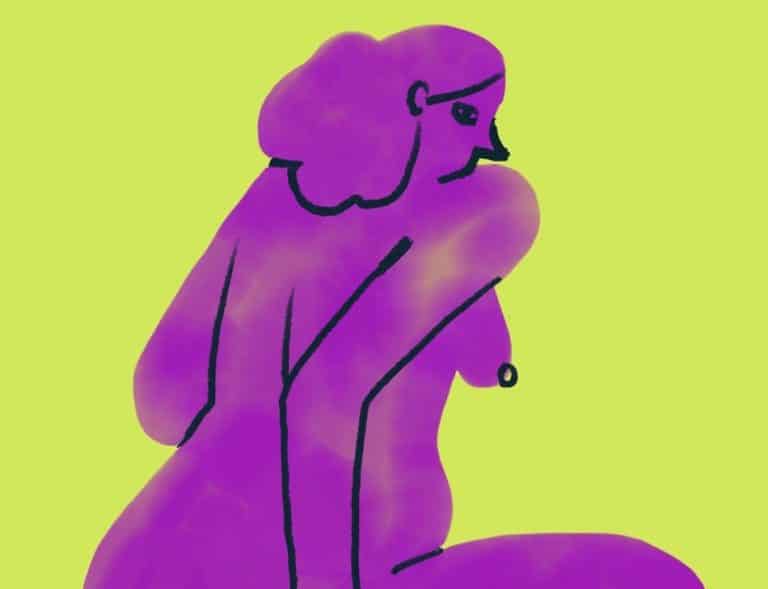Why is black maternal mortality still disregarded in the US?
In the US, racial disparities within the healthcare system continue. African American women are three times more likely to die from pregnancy-related complications than white women. In a recent report released by the Centers for Disease Control and Prevention (CDC), it identified these deaths as preventable, and yet the number has continued to increase over time. For every 100,000 births, approximately thirteen white women die compared to roughly 40 black women. Where is the outrage? Where is the justice in all of this? Giving birth should be a time of celebration, but in the black community, there is a paralysing fear surrounding this natural process. So I’m asking, who will care for us?
Screen Shot spoke to Dr Anne Schuchat, deputy director of the CDC, who noted the resources to identify and close the racial divide are there, and while not every pregnancy-related death is preventable, more could still be done. So why isn’t more being done? About 13 states have implemented change with Perinatal Quality Collaboratives (PQCs) on a local level that could quite possibly serve as a guide to help alleviate this problem on a national scale. How many more of us must die before the remaining states begin to acknowledge this growing epidemic and implement change?
Many of the deaths come from a lack of access to proper healthcare, delayed or missed diagnosis and the care staff’s failure to recognise early warning signs. Dr Elliot Main, medical director of the California Maternal Quality Care Collaborative, told Screen Shot that African American women have higher statistics in obesity and being overweight but “that’s not the driver,” he added in reference to high maternal mortality rates amongst black women. “It requires a level of attention but obesity and hypertension are not things one should die from,” Main said.
Celebrities such as Serena Williams and Beyonce detail their own pregnancy-related complications—proving that the system’s failures aren’t subject to just income and social status. Williams fell short of birth the day following her emergency C-Section, and with her known history of clotting, she immediately notified the nurses that she was in need of a CT scan and IV heparin. Chalking her request up to the pain meds she had been given, the staff instead performed an ultrasound. It wasn’t until after the ultrasound revealed nothing that her request to have a CT scan was met. This was only the beginning of what became a matter of life or death during Williams’ postpartum recovery.
“My body went through more than I knew it could,” shared Beyonce in the Netflix documentary Homecoming. “I was 218 pounds the day I gave birth. I had an extremely difficult pregnancy. I had high blood pressure. I developed toxemia, preeclampsia, and in the womb, one of my babies’ heartbeats paused a few times, so I needed to get an emergency C-section.” Though women like Beyonce and Williams have been blessed enough to triumph through their pregnancy-related issues, other women like 39-year-old Kyira Johnson, daughter-in-law of television’s Judge Hatchett, didn’t make it home to her family.
Immediately following the birth of her son Langston, Kyria’s blood pressure plummeted. Her heart was racing and she complained of abdominal pain. More than 10 hours had passed before she was taken back into surgery. That would be the last time her family would ever see her.
It is because of these exchanges that many women within the black community are returning to birthing centres, doulas and midwives. There is a level of care, awareness and consent that isn’t found within white institutions. Organisations like Loom were created to educate and empower the black woman circling periods to parenting. White supremacy has been alive and well for many years, and it will continue to infiltrate the various systems that are meant to protect all and not just some. Yet, until we address the ‘larger elephant’ in the room—that black bodies are not as valuable as white bodies—entities like the healthcare and criminal justice systems will continue to fail us, which, again, poses the question, who will care for us?





